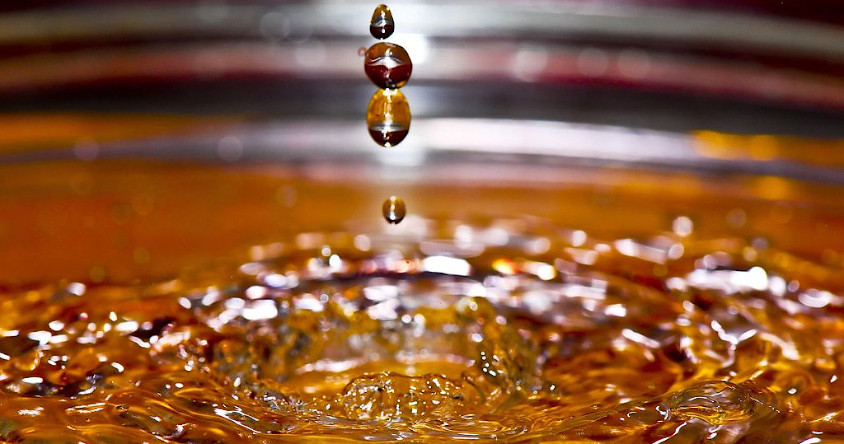The composition of petrol is changing, E10 is approaching
10% Ethanol petrol is coming to UK petrol stations from September 2021
As part of the government's strategy to cut emissions and try to combat global warming, petrol will increasingly be mixed with 10% ethanol with the aim of cutting CO2 from vehicles.
Ethanol is a form of bio alcohol, made from fermenting food crops such as sugar, wheat, maize and waste wood products. Mixing ethanol with petrol reduces carbon dioxide emissions when the fuel is burnt to run an engine, as ethanol produces less carbon dioxide when it burns than pure petrol.
The other green benefit which is claimed for this fuel, is that when the crops which are used to ferment for the production of ethanol are being grown, they actively absorb carbon dioxide from the atmosphere, thus offering a double benefit to the environment.
According to the Department of Transport, by September this year, the new hybrid fuel 90% petrol to 10% ethanol will be flowing merrily out of our pumps.
Pros...
This eco-friendly fuel mix is claimed to be able to reduce the UK's traffic emissions by around 750,000 p.a – the equivalent of taking 350,000 UK cars off the road each year. So if the stats hold up it looks to be quite effective.
Another by product is in the jobs market, with the country's biofuel industry receiving a boost. For example the production of sugars for ethanol is leading to the reopening of AB Sugar's Vivergo plant with a resulting gain of around 100 new jobs.
And Cons...
This may all be great environmental news, but how does it affect the owners of machines with classic combustion engines which might not be able to run well on E10 petrol? Ethanol rich petrol has been blamed from engine damage, to the rubber and metal parts of older engines.
To combat this, E5 petrol with a lower ethanol content will still be available at petrol stations. It will be called 'Super' and should be less damaging to older engines.
The new fuel is aimed at helping the UK reach its target of net carbon zero by 2050 and with this in mind all vehicles made after 2011 should be E10 compatible.
Here's what Grant Schapps, the Transport Secretary had to say on the subject:
“We’re going further and faster than ever to cut emissions from our roads, cleaning up our air as we accelerate towards a zero-emission transport future.
Although more and more motorists are driving electric vehicles, there are steps we can take to reduce emissions from the millions of vehicles already on our roads – the small switch to E10 petrol will help drivers across the country reduce the environmental impact of every journey, as we build back greener.”
Any thoughts on this subject, remind anyone of when unleaded came in? Is it good for the environment and a necessary step or do you have an older bike and have concerns about being able to get E5?
Let us know at
[email protected] or drop us a message on
Facebook.


